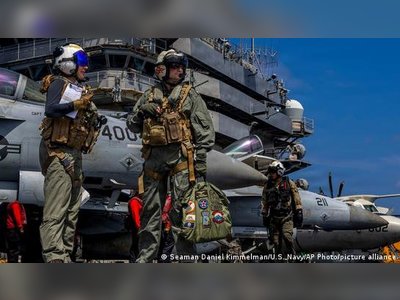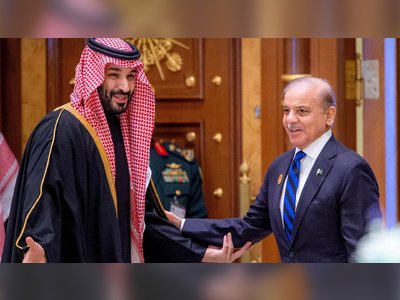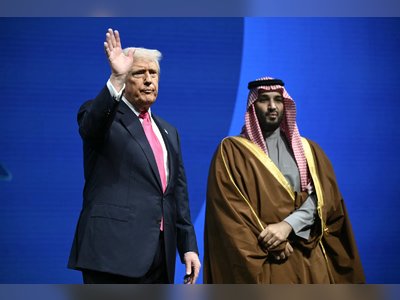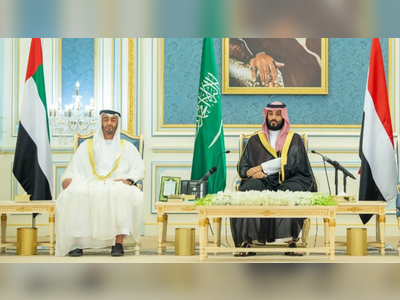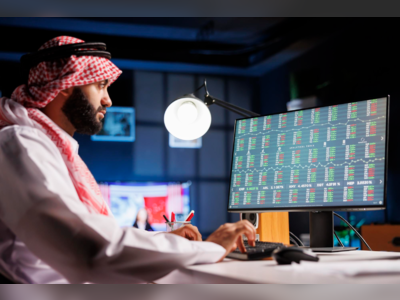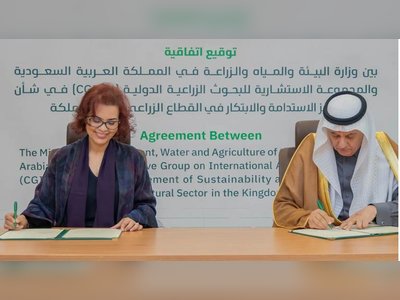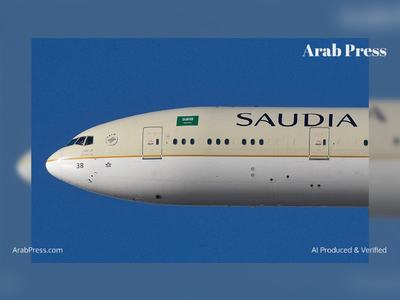Global Tensions Unfold: From PKK Arrests in Istanbul to Calls for Ceasefire in Gaza and Humanitarian Crises in Lebanon and Ukraine
Australian Woman Arrested in Turkey Over Terror Allegations; Iran's President Calls for Ceasefire in Gaza
An Australian woman, Cigdem Aslan, was arrested at Istanbul airport on allegations of involvement with the Kurdistan Workers' Party, known as the PKK, a group considered a terrorist organization by multiple nations including Turkey and Australia. Aslan's capture followed a collaborative operation between Turkish anti-terrorism police and intelligence officers.
Transitioning to global diplomacy, Iran’s President Masoud Pezeshkian has called for a ceasefire in Gaza during the United Nations Summit of the Future in New York. He emphasized the need for international cooperation, condemning both Israel’s actions and US military support, while advocating for sanctions reform and a Middle East devoid of weapons of mass destruction.
Meanwhile, UNRWA’s Philippe Lazzarini highlighted severe humanitarian issues in Gaza at the same UN summit in Chicago. Lazzarini condemned the violation of international law and reported significant casualties among UNRWA staff and damage to their facilities, warning that Israeli legislative moves threaten their humanitarian efforts.
Shifting focus to the ongoing conflict in the Middle East, Israel’s airstrikes on Hezbollah targets in southern Lebanon have resulted in nearly 500 deaths and massive displacement. Hezbollah’s retaliatory rocket attacks have further escalated the conflict, marking an intense shift from Israel’s previous engagements in Gaza to its northern border with Lebanon.
Turning attention to human rights, American actor Meryl Streep spoke at the UN General Assembly, criticizing the Taliban’s severe restrictions on Afghan women, comparing their rights to those of a “squirrel.” Streep's comments underscored the limitations faced by Afghan women, and UN Secretary-General Antonio Guterres emphasized the detrimental impact of gender discrimination on Afghanistan's development.
Finally, Ukraine has revealed that China plays a significant role in supplying foreign components for Russian weapons, with around 60 percent of such parts found in Ukraine coming from China. Despite Western sanctions, crucial components for Russian military technology are also being sourced from other nations, highlighting persistent challenges in global sanctions enforcement.
Transitioning to global diplomacy, Iran’s President Masoud Pezeshkian has called for a ceasefire in Gaza during the United Nations Summit of the Future in New York. He emphasized the need for international cooperation, condemning both Israel’s actions and US military support, while advocating for sanctions reform and a Middle East devoid of weapons of mass destruction.
Meanwhile, UNRWA’s Philippe Lazzarini highlighted severe humanitarian issues in Gaza at the same UN summit in Chicago. Lazzarini condemned the violation of international law and reported significant casualties among UNRWA staff and damage to their facilities, warning that Israeli legislative moves threaten their humanitarian efforts.
Shifting focus to the ongoing conflict in the Middle East, Israel’s airstrikes on Hezbollah targets in southern Lebanon have resulted in nearly 500 deaths and massive displacement. Hezbollah’s retaliatory rocket attacks have further escalated the conflict, marking an intense shift from Israel’s previous engagements in Gaza to its northern border with Lebanon.
Turning attention to human rights, American actor Meryl Streep spoke at the UN General Assembly, criticizing the Taliban’s severe restrictions on Afghan women, comparing their rights to those of a “squirrel.” Streep's comments underscored the limitations faced by Afghan women, and UN Secretary-General Antonio Guterres emphasized the detrimental impact of gender discrimination on Afghanistan's development.
Finally, Ukraine has revealed that China plays a significant role in supplying foreign components for Russian weapons, with around 60 percent of such parts found in Ukraine coming from China. Despite Western sanctions, crucial components for Russian military technology are also being sourced from other nations, highlighting persistent challenges in global sanctions enforcement.

